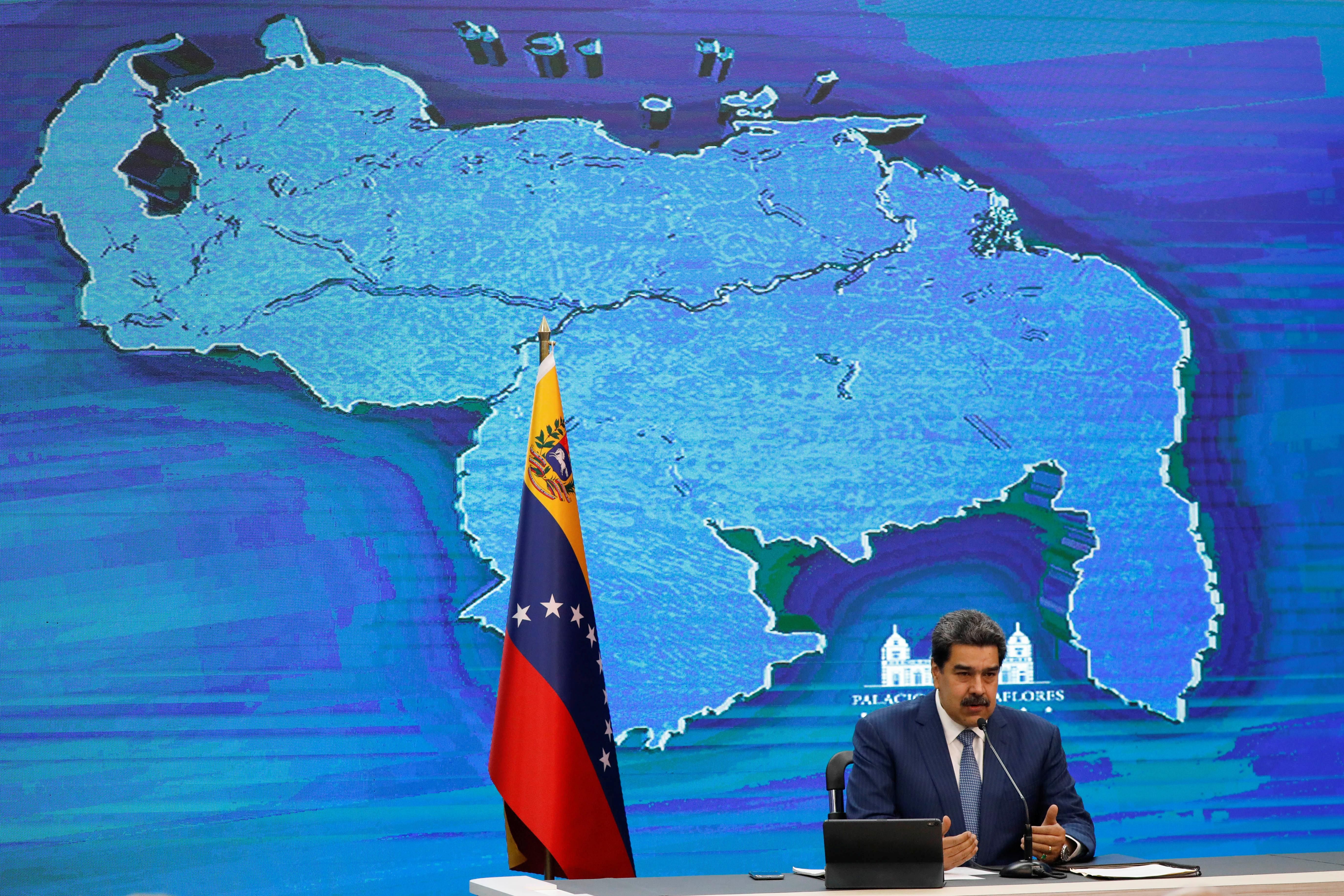Will fresh talks help Venezuela? For just the fourth time in half a decade, the Maduro regime and opposition forces have met for fresh talks to try to chart a path forward for crisis-ridden Venezuela. The negotiations, held last week in Mexico City, were attended by both President Nicolás Maduro as well as opposition leader Juan Guaidó, who in 2019 declared himself interim president after an election widely viewed as rigged was met by mass protests. What's the aim of these talks? Well, depends who you ask. For Guaido's camp, the focus is on free and fair elections, the release of political prisoners, and human rights. (Maduro has shown some goodwill in recent days by agreeing to release opposition politician Freddy Guevara.) Maduro, on the other hand, is desperate to have crippling US sanctions lifted so Caracas doesn't have to rely as heavily on China, Russia and Iran. But because Maduro has refused to give up power, analysts say, the opposition's immediate goal now is to pave the way for local and regional elections in November, as well as to boost the COVID vaccine rollout. The next round of negotiations has been set for next month.
Israel and Poland at loggerheads again: Israel's Foreign Minister Yair Lapid has recalled Poland's ambassador over a newly-passed Polish law that restricts the rights of Holocaust survivors to reclaim property stolen during World War II, and later seized by Poland's Communist regime. Poland's Prime Minister Mateusz Morawiecki says the law aims to stave off grifters who abuse the system to claim property that doesn't belong to them. But Lapid, backed by the United States, hit back saying that it is "an immoral, anti-Semitic law" that prevents any recourse for aging Holocaust survivors, and said Israel may downgrade ties with Poland. This development is just the latest installment in an ongoing diplomatic spat between Israel and Poland. In 2018, Warsaw proposed a law criminalizing claims that Poland, which was home to the world's largest Jewish community before World War II, collaborated with Nazi Germany. Israel criticized the law, which was eventually watered-down, saying it whitewashed Polish complicity in the Nazi genocide (about 90 percent of Poland's pre-war Jewish community was killed in the Holocaust). Unlike Germany, Poland has never passed sweeping legislation providing reparations to Holocaust survivors and their families.
Ivory Coast begins vaccinations for… Ebola: The West African country of Ivory Coast has recorded a new case of Ebola for the first time since 1994. This comes just months after the World Health Organization declared the end of an Ebola outbreak in neighboring Guinea that killed a dozen people, sending shockwaves through the region as it grapples with a dearth of COVID vaccines. Meanwhile, the WHO said it is conducting genetic sequencing tests to determine whether the virus is linked to recent cases in Guinea. Guinea, for its part, sent 5,000 Ebola vaccine doses that Ivorian authorities said are already being used on a "targeted group." The WHO and African Union are monitoring the situation closely given that an Ebola epidemic in the Democratic Republic of the Congo in 2018-2020, the country's tenth outbreak, resulted in over 2,200 deaths.More For You
Somewhere in the Donbas region, Ukrainian soldier Artem Bondarenko says he hasn’t slept through the night in months as he defends Eastern Ukraine.
Most Popular
In this Quick Take, Ian Bremmer warns that US military strikes on Iran are “looking increasingly imminent” as diplomacy appears to stall.
